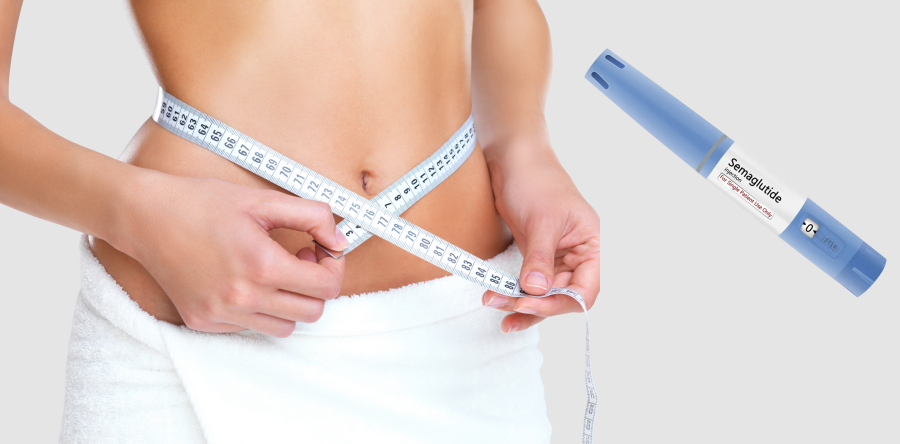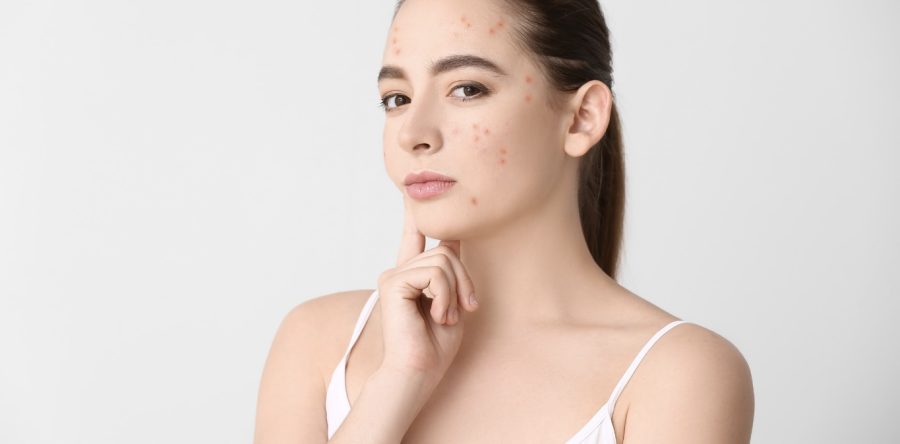UNDERSTANDING SKIN – Linda’s Lowdown – June 2018
Jeunesse MedSpa® | June 26, 2018 | no responses |
Skin
UNDERSTANDING SKIN

Our skin condition and appearance is key to our overall wellbeing. It works hard to protect our bodies from environmental stresses, control our temperature and allows us to interpret touch. When our is healthy, it looks and feels smooth, calm, well hydrated and even in colour. Many factors, both internal and external affect our skin condition and influence how it looks and feels. We cannot control some of these but there are many that we can influence with the correct use of skincare to help protect the skin and keep it looking younger.
What are the internal factors that affect skin?
The major factor influencing our skin is our genetics, but hormones and specific medical conditions such as dermatitis or diabetes certainly play a part too.
Genetics
Your genetics determine whether your skin is normal, dry, oily or combination( your skin type). Genetics also determine the how you skin ages biological which is characterized by:
- Reduced cell regeneration and renewal.
- Reduced sebaceous and sweat gland secretions.
- Degeneration of the connective tissue so that skin is less able to bind in water and loses firmness.
- Degeneration of elastic fibres that results in reduced skin elasticity.
Hormones
Hormonal fluctuation during our lives can significantly impact on our skin and changes in their levels.
During puberty, the hormonal surge can trigger in acne. Pregnancy hormonal changes cause an increase in the production of melanin which may result in hyperpigmentation known as melasma.
With menopause comes the decline of oestrogen levels and consequently a reduction in the skin moisture. Oestrogen has a beneficial effect on the moisture balance of skin and its decline leads to structural changes and the age-related atrophy of skin.
Skin Conditions
Skin conditions such as dermatitis and psoriasis are usually passed down through our genes. They result in the skin being triggered more easily by stress and exacerbated by external influences, so it’s important to have a proper skin care routine in place. Medical conditions like diabetes and kidney disorders that can also impact on skin condition.
What are the external(environmental) factors that affect skin?
External factors that affect our skin include sun exposure, lifestyle choices ( smoking and alcohol), diet and exercise- much of which is within our control. These factors can compromise your skin’s natural balance, making it is less able to work as a protective barrier and more prone to sensitivity.
Climate
Sunlight and temperature can have a significant impact on skin condition.
SUNLIGHT
Sunlight in moderation is essential for our overall well being include mood and vitamin d synthesis, but too much can damage your skin, leading to premature ageing.
The sunlight spectrum consists of UV, visible and infrared light. Visible light accounts for 50% of the sunlight spectrum and, is the only part of light that we can see. (UV and Infrared Light are both invisible). The blue/violet band of visible light has a particularly high energy level and is known as High Energy Visible Light(HEVL)

Ultraviolet rays affect the skin in varying ways:
- Ultraviolet A (UVA) rays cumulative effect are the biggest influence of ageing. UVA can pass through windows and florescent lights that we work under give off UVA rays. This chronic exposure has been linked to DNA damage which can cause non melanoma skin cancers -basal cell and squamous cell cancers.
- Ultraviolet B (UVB) rays are responsible for sunburn and increases the risk of melanoma( the deadliest form of skin cancer)
- High energy Visible
- UVA, UVB and HEV Light rays can induce hyperpigmentation and may contribute to conditions such as age spots (also known as sun spots) and melasma
TEMPERATURE
Extreme temperatures, and the fluctuation between them can impact on your skin.
Cold weather causes the narrowing the blood vessels in your skin, to protect the body from losing too much heat. Continued exposure to cold temperatures reduces sebaceous gland secretion and cause your skin to dry out.
Hot and humid conditions (for example tropical countries or a sauna) results in an increase in sweat production, leaving the skin moist and shiny and, in some cases, prone to acne.
Air plane travel and central heating reduce the level of humidity causing your skin to become dehydrated and lead to increased sensitivity.
Certain skin conditions, like Rosacea can also be triggered by hot temperatures. This is why it is recommended to use warm rather than hot water for facial cleansing, hand washing and bathing.
Inappropriate skincare
The use of an inappropriate skin care regime and harsh skincare products can stress skin resulting in premature ageing.

SKIN CARE
The ideal skin care routine can be mind boggling with the choice of beauty products available, which claim to work miracles. Incorrect skincare choice can exacerbate skin problems , especially if you have sensitive skin. If skin care is used improperly, it can do more harm than good.
AGGRESSIVE PRODUCTS
Human skin is naturally mildly acidic. the use of aggressive cleansers and moisturisers with an alkaline pH stress the skin’s natural ability to neutralise resulting in damage to the cell structure, impairing the barrier function of the outermost layer of the epidermis. This results in the skin drying out and become sensitive or even hypersensitive.
Sensitive skin is more susceptible to infections and flare-ups, and is particularly prone to the drying and damaging effects of harsh products.
OVERWASHING
Showering or bathing too often, for too long and with hot water may leads to a loss of your skin’s natural moisturising factors (known as NMFs) and surface lipids, This results in an increase skin dryness and roughness.
Diet and exercise

A balanced diet will help to keep skin healthy, this includes
- Fruits, vegetables, whole grains and lean proteins (fish instead of meat)
- Antioxidant-rich foods seem to have protective benefit including yellow and orange fruits and vegetables (e.g. carrots and apricots), blueberries, green leafy vegetables (e.g. spinach), tomatoes, peas, beans and lentils, fish rich in Omega oils and nuts.
Diets that exclude a particular food group and its nutritional value are not, on the whole, good for skin health. It is, however, advisable to limit the intake of sweets and dairy. It is also important to drink plenty of water, especially for elderly people.
Regular exercise has a positive impact on skin health as well as overall fitness.
Lifestyle Choices

SMOKING
Smoking causes free radical damage to the skin making it appear more wrinkled and less elasticity and less glow. Smoking makes skin look older and contributes to wrinkles by:
- Narrowing the tiny blood vessels in the inner layers of skin. This decreases blood flow and depletes skin of oxygen and nutrients such as Vitamin A.
- Damaging collagen and elastin: the fibers that give skin its strength and elasticity.
SLEEP
A good night’s sleep gives your cells a chance to regenerate and helps with skin renewal.
Beautiful skin is a lifelong process, and controlling what is within your power and developing a daily skin care routine today, can help you keep beautiful skin for the future.
If you want gorgeous skin, the choices you make today will help that happen. Book in your COMPLIMENTARY SKIN FITNESS WORKSHOP with me today
This 45 min workshop includes:
- A personalised skin analysis
- A thorough review of your current homecare regime
- Recommended changes and additions to your homecare regime
- A Mini Medi Facial
- Two week follow up progress report
Enjoy this article? Don't forget to share.














Leave a Reply